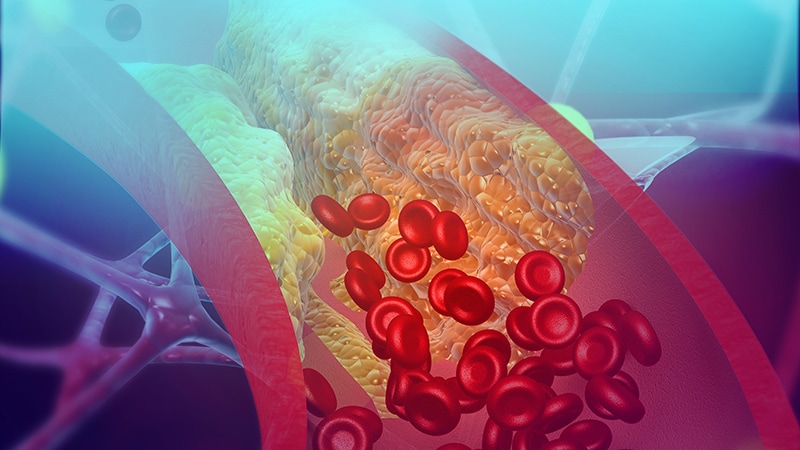Urate, the cause of gout, can increase cardiovascular risk due to its effects on the vasculature. Following guidelines for gout treatment, including the use of colchicine, can help reduce these risks. Studies have shown that soluble urate stimulates the production of C-reactive protein (CRP), a predictor of cardiovascular disease. Patients with gout have impaired vascular endothelial function, which is associated with chronic inflammation. Treating gout with colchicine can improve endothelial function and reduce cardiovascular risk, particularly in patients with early treatment. Patients with gout should be monitored for cardiovascular problems even between flares. Studies suggest that targeting inflammation in gout can lower cardiovascular risk.
Source link
Another Benefit of Gout Treatment: CV Risk Reduction
